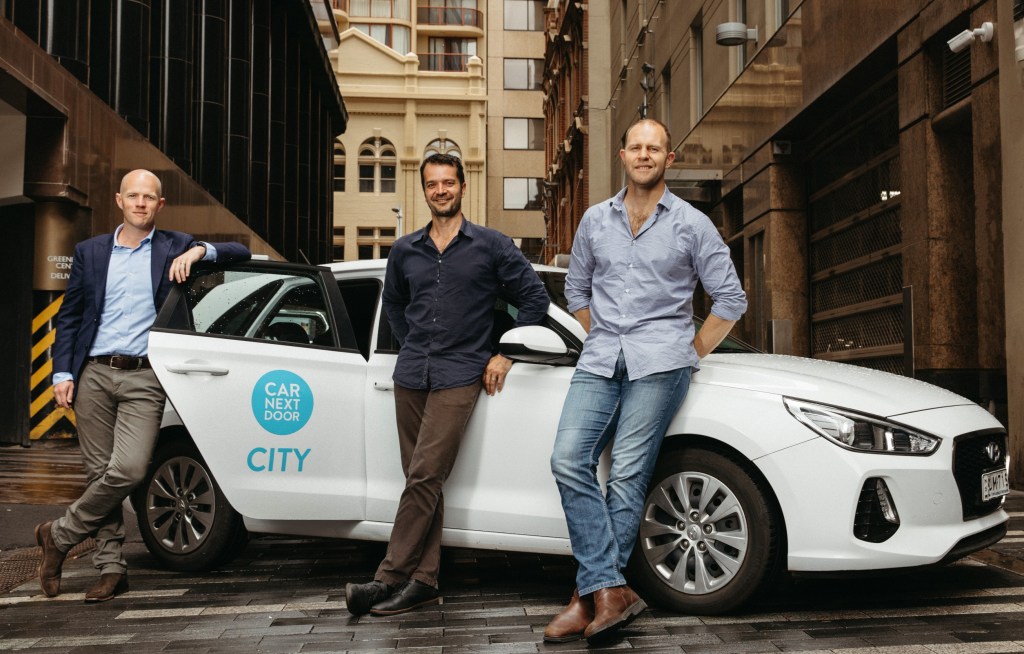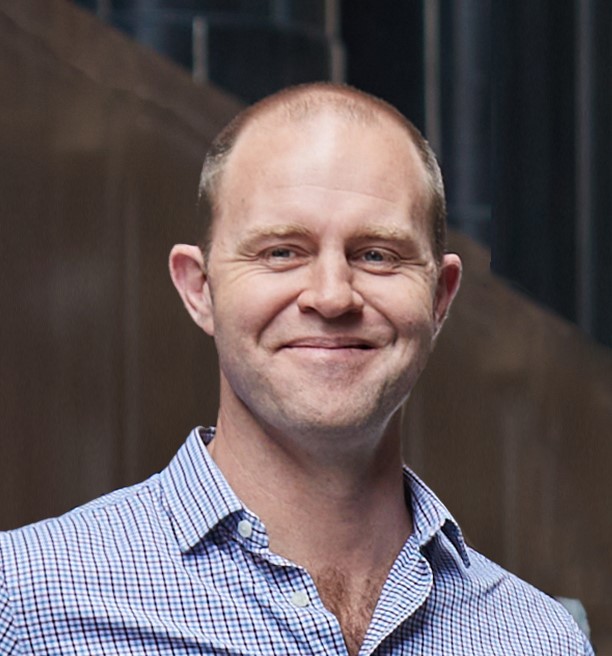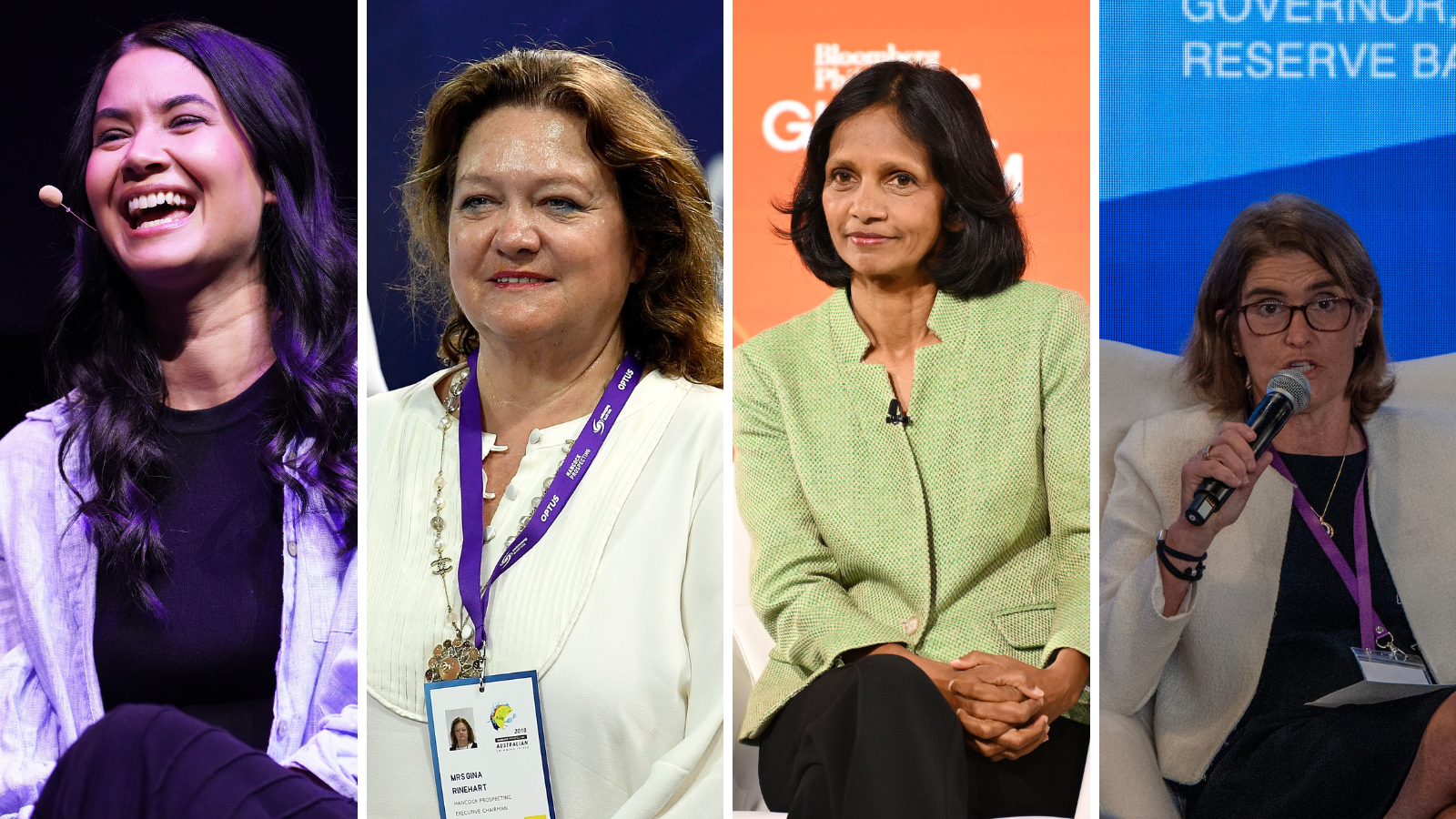Will Davies describes the culture shock of staying on after selling Car Next Door to the ride-share giant.
At parties, Car Next Door founder Will Davies can tell that people don’t quite know how to word the question, awkward with the nuances. “They’ll say: ‘So I’ve heard you’ve merged with Uber.’ And I say, ‘I’ve met with Dara (Khosrowshahi, Uber CEO, pictured above, right) and told him he can keep his job.’”
He is joking, of course. The fact is, the company Davies co-founded and led for a decade, Car Next Door, was swallowed whole by the ride-share giant in January 2022 for a reported $50 million.
But Davies and his co-founder, chief technical officer David Trumbull, have stayed on with Uber to lead its global expansion into car sharing. On November 8, the digestion of Car Next Door was complete when it was rebadged as Uber Carshare.
Whereas calling an Uber involves a driver turning up at your door in their own car, with car sharing, you walk down the street and drive away in someone else’s vehicle, for an hour or a weekend. It competes with Go Get, but without the need to buy vehicles, and without a customer subscription.
Uber will use the old Car Next Door team – and the technology they developed – to launch Uber Carshare in North America early next year before expanding globally.

The Carshare team will remain a separate, wholly owned company, with Davies and Trumbull still at the top. But with the transition came a raft of difficult decisions and culture shocks.
Perhaps the first was the choice of staying where they were in Sydney’s Surry Hills, or moving into the same building as Uber in the city. Davies thought moving in with Uber was a no-brainer. “We get the free lunches and the ping pong,” he jokes.
Davies thought he’d worked hard to get the sale over the line. “For Car Next Door, this was the culmination of huge amounts of work over 10 years. But for Uber, this was day one. This is just getting started. There was quite a readjustment from that feeling that it was the end of something, to the realisation, ‘Actually things are just getting going.’
Uber seconded five staff into Car Next Door. “They were like, ‘We’ve got to get the strategy worked out over the next two weeks.’ I didn’t take a day off for the next four months. It was probably some of the most intense four months that I’ve had … It was full on. Stressful.”
‘It’s a fight I’m going to lose, but I’m going to go down fighting.’
Will Davies, Uber Carshare CEO
Davies stresses that Uber has done a great job of bringing them in, but it was always going to be hard. “You’re getting 130 humans who have been doing things a certain way with our own culture and beliefs and structures, and you’re rubbing them up against another culture with 16,000 people round the world and they’ve got their way of doing things.”
One of the first things they did in those chaotic early weeks was to get a brand agency to work on the best name to take it mainstream. When it became clear they’d be ditching “Car Next Door”, he had to break the news to the team. He told them how much he loved the old name, how it had been integral to every day of his life for the last ten years. “I get a little tingle when I see a Car Next Door sticker on a car, the little faces,” he said. “There’s definitely some grief in letting that go. But what I love more is getting cars off the road. I love the mission more than the name.”
And the name of things brought more grief.
Davies hates acronyms – the way they take just as long to say as the words. And no one understands them anyway. “I’ve been quite dictatorial about it,” he says. “It’s part of our Car Next Door charter. You come to Uber and its full of acronyms. TLDR. Too long didn’t read. GBs – gross bookings. AD – active driver. DP – driver partner. All the different divisions have acronyms. I’m starting to see my team are using TLDR on the start of things and starting to use acronyms. I’m slowly losing that battle. It’s a fight I’m going to lose but I’m going to go down fighting.”
Uber’s general manager of rides, Australia New Zealand, Dom Taylor (pictured at top, left), recalls when they had an “all-hands” meeting of Uber’s 500 or so Australian and New Zealand employees, and he asked the folk at Car Next Door to run the meeting and explain what they were working on. “One of the (Car Next Door) team members is a stand-up comic and she just took the mickey out of my use of acronyms,” Taylor says. “We really want people to come with all their idiosyncrasies and oddities. And I love that they felt comfortable enough to take the mickey out of me after only a few months.”
Taylor says it wis important to Uber that Car Next Door retains its own culture, even when they are sitting there having lunch together at the Uber office. “They have a remote-first policy. Will’s working from Berry (south of Sydney), Dave from Adelaide. Whereas we’ve got a much more office-led hybrid culture.”

Taylor says there have been times when they’ve brought in people from overseas to help solve a problem. “Normally, we would get into a room and solve that in a day together. But they’re a remote-first business, so they’d do that on a Zoom call. We’ve had people come from overseas and the Car Next Door team haven’t been here. And it’s been a shock to them (the overseas visitors.)”
Perhaps the biggest adjustment for Davies, though, has been in decision making. “It used to be that a decision would be a matter of getting a group of my guys together, deciding what we were going to do and running it past the board,” he says. “They’d say ‘yes’, and that was the decision. Whereas now there’s this process where Uber have got their strategy and direction and we need to fit into that. That involves more back and forth and compromise.”
For all that, Davies is surprised how quickly Uber can move when it needs to.
“Uber is now a big, big thing. More valuable than the Commonwealth Bank. You think of how cumbersome the big banks are. I’m amazed at the speed Uber can do things. It moves like a startup … (They) weigh up the odds and make a bet and do that effectively with full commitment. We like to move fast too.”
Will Davies
After more then nine months, Davies says they have only lost two of their 40 Australian staff since the buyout and most of the 90 or so south-east Asian employees also remain.
Previously, the longest time Davies had ever been an employee was 12 weeks at Ernst and Young after he left university. “I told Dom after three months that this was the longest time I’d ever been employed. Congratulations, you must be a good boss.
And as for the big boss, when Uber CEO Khosrowshahi visited Australia recently, the only operational meeting he took was a deep dive into car sharing. Davies was impressed by the attention the American paid to Carshare’s efforts. “He’s a very curious, considered dude. When he’s focussing on you, you can feel it. He’s there. His head’s not drifting off anywhere. He’s right in the moment.”
And no, Davies did not tell Khosrowshahi he could keep his job.



